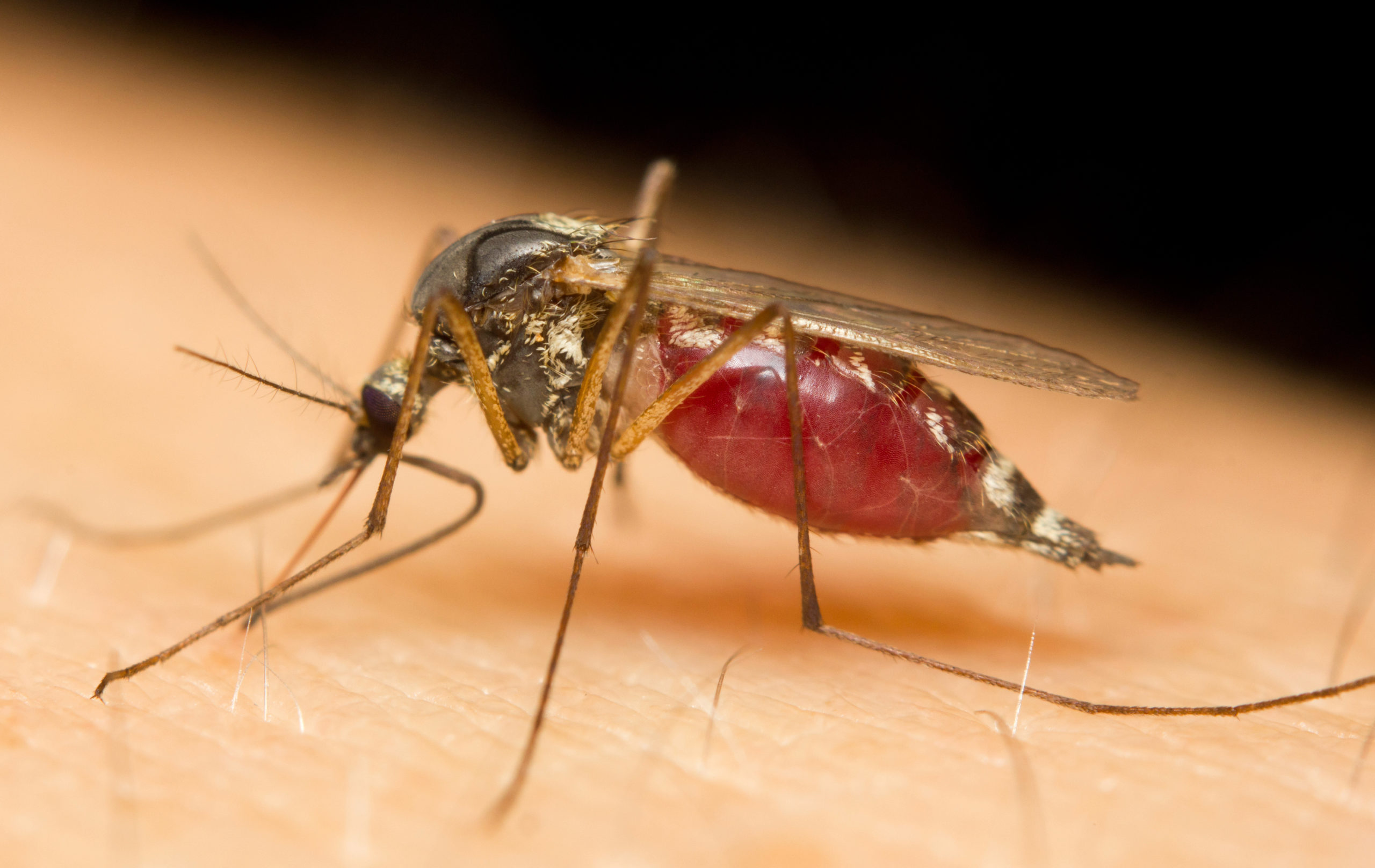latest
Origami app could help prevent spread of malaria
Innovative Origami testing app could help tackle spread of malaria
“Widespread uptake of a system like this could have a big impact on the spread of malaria in sub-Saharan Africa.” Professor Jon Cooper, University of Glasgow’s James Watt School of Engineering
Encouraging early results are reported of an innovative approach to tackling the spread of malaria developed by University of Glasgow biomedical staff and the Ugandan Ministry of Health.
They have developed a more reliable, low-cost “origami” alternative to polymerase chain reaction (PCR) and lateral flow tests – on which the most common and accurate malaria blood tests are currently based.
Their approach combines affordable, easy-to-administer blood tests with machine learning and unbreakable encryption.
The alternative test uses sheets of folded wax paper to prepare patient samples for a different type of detection process known as loop-mediated isothermal amplification, or LAMP, which can be delivered in the field. Previous field tests in Uganda have shown the origami test technique is 98% accurate.
A blood sample taken from a patient via fingerprick is placed on in a wax channel in the folded paper. The paper then is folded, directing the sample into a narrow channel and then three small chambers which the LAMP machine uses to test the samples’ DNA for evidence of Plasmodium falciparum, the mosquito-borne parasitic species which causes malaria.
PCR tests require trained staff to draw blood, and laboratory conditions to test the samples. In remote areas of sub-Saharan Africa, malaria infections often break out hundreds of miles away from trained staff and lab conditions, making effective infection control very difficult.
In a new paper published in Nature Electronics, the researchers describe how they have developed a secure smartphone app to pair with their origami tests, which uses deep learning to allow more accurate diagnosis and could facilitate better surveillance of community transmission.
The app, paired with a 3D-printed stand containing a simple heating element, controls the temperature of the origami test, heating it in around ten minutes to the temperature the LAMP process requires to work.
Then, the LAMP results are analysed using a cloud-based machine learning process to ensure they are being correctly administered, enabling users of varying skill levels to properly conduct the test. A positive or negative diagnosis of the patient’s malaria infection is provided via lines on a lateral flow strip similar to those used for home COVID-19 testing.
The patient’s results are securely stored on a blockchain-based ledger to ensure their privacy, and shared with the local authorities to allow anonymised monitoring of local infections.
Malaria is one of the world’s leading causes of illness and death, affecting around 228 million people each year, more than 400,000 of them fatally. Like COVID-19, malaria can spread asymptomatically, making widespread field testing vital to containing outbreaks and saving lives.
Professor Jon Cooper, of the University of Glasgow’s James Watt School of Engineering, who led the development of the diagnostic system said:
“Widespread uptake of a system like this could have a big impact on the spread of malaria in sub-Saharan Africa.”
Future Care Capital will be holding an event, Women in Technology and Innovation, 15 September. You can now register for the event, here.
